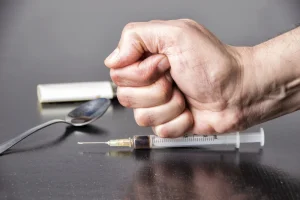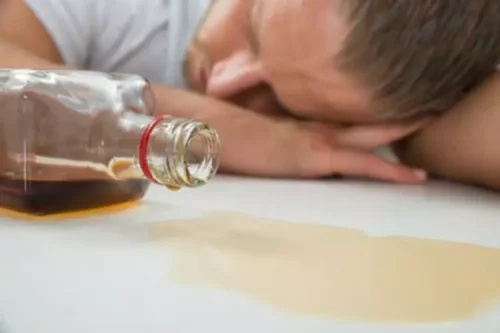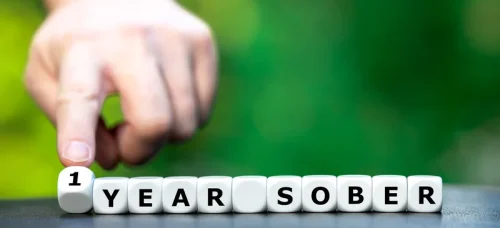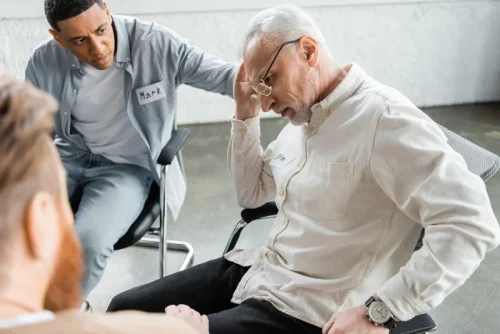Gratitude House Services by Gratitude House Sober Living Residence in Dallas, TX
LamdaTrade Review 2021 Pros and Cons Uncovered

“People tend to have interrupted sleep following a drinking episode,” says Dr. Goggans. Research shows that hangovers generally last for about 14 to 23 hours, with some extending up to about the 72-hour mark. But on average, a hangover should end about 12 hours after stopping drinking. “Drinking too much or binge drinking on a single occasion https://ecosoberhouse.com/ or over time can take a serious toll on your health,” says Valerie Agyeman, RD, a dietitian at Flourish Heights, who specializes in women’s health. These are a few specific ways in which alcohol can impact different parts of your body. You may have heard that sports drinks will hydrate you faster and speed your hangover recovery.
Things to avoid
Alcohol can irritate the lining of your stomach, which can make any hangover-induced nausea, abdominal pain, or vomiting worse, says Boris. You know that a good sleep can help you feel your best in the a.m. But you might not realize that while a few glasses of wine could put you to sleep, vino certainly won’t help you get your deepest snooze on.
Is it true that 2-day hangovers get worse with age?

This causes your pancreas to make more insulin, which can make your blood sugar drop. But after a few drinks, your heart starts pumping faster, and the blood vessels can’t expand enough to accommodate all the blood. Blood vessel dilation has also been linked to migraines. Dr. Jess Braid, a medical doctor and functional medicine practitioner, has provided her top five drinks and supplements to make the morning after the night before just that little bit easier to deal with.
Hangover Headache Treatment

If you choose to drink alcohol, doing so responsibly can help you stay away from hangovers. Symptoms of a hangover generally last about 24 hours, but some people feel better after a few hours while others may have symptoms that persist for more than a day. Hangover intensity and duration are individual to the person and how much alcohol was consumed. Not drinking alcohol is the only surefire way to prevent a monster hangover in the future. Alcohol has a diuretic effect that makes you pee more, leading to dehydration if you’re not also drinking water.
- Scientists are also looking at why some people seem to have natural resistance to hangovers and what they can learn from them.
- Essentially, as the years tick on, your body’s ability to break food and drink down at speed lessens.
- It may last longer or shorter, depending on your unique biology and how much you’ve had to drink.
- Because individuals are so different, it is difficult to predict how many drinks will cause a hangover.
- For one, it gets you intoxicated faster and makes day-after misery a lot more likely.
- Dr. Basford believes the body’s ability to process alcohol “can worsen with age”, while lifestyle factors can also play a role.

For example, drinking more alcohol (“hair of the dog”) won’t help a hangover. More alcohol just increases the toxicity of the alcohol already in your body. For people living with heart disease, hangover symptoms such as rapid heart rate and high blood pressure can be dangerous.
Risk factors
In addition, ensuring you have an adequate amount of time to sleep may decrease difficulty concentrating and fatigue the following day. Hangovers are very common in people who consume too much alcohol. In one study, researchers found that about 75% of people who drank excessively the night before reported hangover symptoms. The researchers concluded that 25% to 30% of people who drink may be resistant to hangovers. Ethanol can cross the blood-brain barrier, where it produces much of its hangover effects, but acetaldehyde cannot.
Trouble sleeping
Others can drink far more and feel minimal symptoms afterwards. Drinking can also affect your mood if you already have a mental health condition or use alcohol as a coping mechanism for your mental health. A 2017 study found that many people report feeling more aggressive or even feeling an overwhelming amount of emotions when they drink, especially if they had some dependence on alcohol. Dizziness is a common symptom of the dehydration that comes with a hangover. When you’re dehydrated, your blood pressure drops, which limits blood flow to your brain and causes dizziness. Most of the time you just need to drink water, eat some food, and walk it off.

- For example, driving during a hangover can be dangerous or deadly.
- Alcohol can direct heavier blood flow to areas in your pancreas known as islets.
- The more a person drinks, the greater their chance of experiencing a hangover.
- Drinking dark liquors (such as whiskey) tends to lead to more severe hangovers due to chemicals called congeners in the drinks.
The length and severity of a hangover can vary from person to person. Age can play a role in the duration of a hangover, as the liver can slow as a person ages. A hangover begins when a person’s blood alcohol level begins to drop. Some experts state that the symptoms of a hangover peak when a person’s how long can a hang over last blood alcohol level reaches 0. For healthy adults, moderate drinking means up to one drink a day for women of all ages and two drinks a day for men. A “drink” in this case is considered a 5-ounce glass of wine or 12 ounces of bee (5% alcohol, less for stronger beers, so be sure to read the label).
- Unsurprisingly to anyone who has ever had the displeasure of a 2-day hangover, carbs, and sugary foods might actually help you start to feel more human.
- “Drinking too much or binge drinking on a single occasion or over time can take a serious toll on your health,” says Valerie Agyeman, RD, a dietitian at Flourish Heights, who specializes in women’s health.
- To let Ukraine use the long-range missiles even without U.S. approval.
- These should also be wrapped individually before storing.
- She regularly hosts and participates in panel talks about how we live now and is frequently asked to provide expert comment for national radio.
- Typically, hangover symptoms will not last longer than 72 hours, though many people will stop experiencing them after 24 hours.

